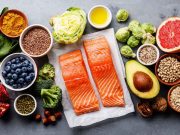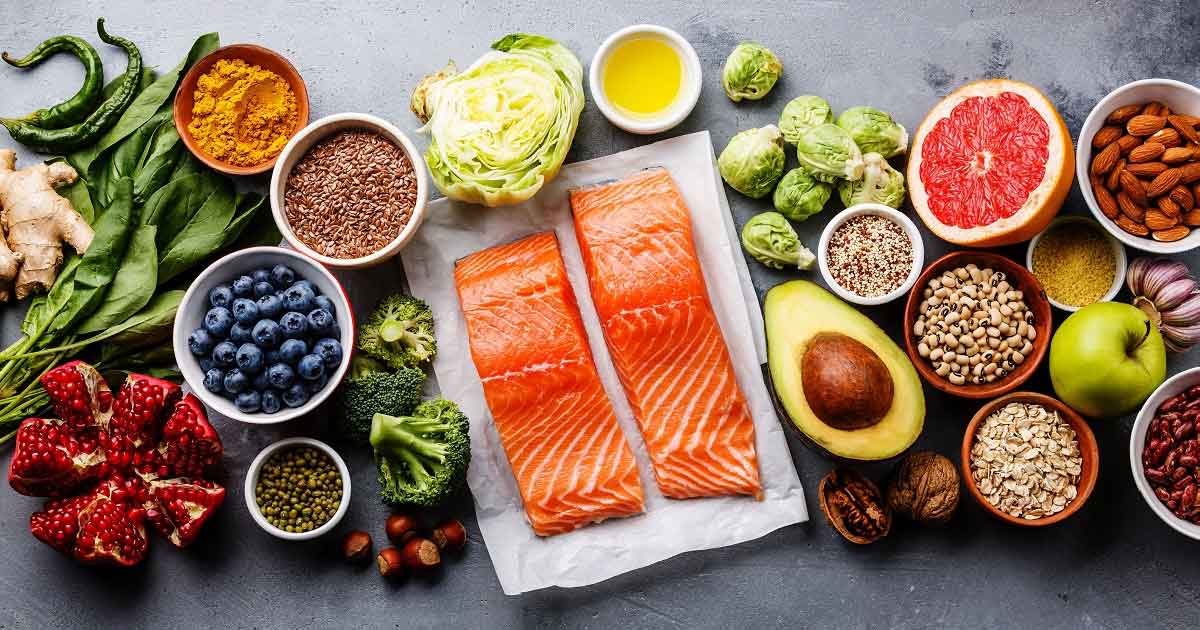Every day, a new headline suggests inflammation is the root cause of disease. Inflammation is a part of the body’s normal response to infection or injury. It’s when it is damaged, tissue releases chemicals that tell our white blood cells to start repairing. But sometimes, inflammation is low-grade; therefore, it spreads throughout the body and is chronic.
Unfortunately, many Americans are battling chronic inflammation, which isn’t healthy and can damage the body. It can play a role in the buildup of plaque in the arteries, upping the risk of heart disease and stroke. It’s also associated with a higher risk of cancer, diabetes, dementia, auto-immune diseases, and other chronic conditions.
What Causes Inflammation?
We live in a convenience food culture that prioritizes processed meats, sugar and chips over blueberries and spinach. It’s no surprise that Americans are suffering. When you’ve been diagnosed with a chronic disease, it’s often a signal of dysfunction – your body is overloaded. While some inflammation is inevitable, the standard American diet with poor lifestyle and quick food choices lead to inflammation, weight gain, and pain. It’s like a fire. You can help squelch that fire by improving your diet, getting regular exercise, adequate sleep, and managing stress. Diet, especially, is key. Some foods, like processed sugars, release inflammatory messengers that can raise the risk of chronic inflammation. Other foods, like fruits and veggies, help the body fight against oxidative stress, which can trigger inflammation. Specific components in food work together to reduce inflammation which is why no one food makes your diet anti-inflammatory. It’s the sum of the foods you eat every day. Overall, eat a rainbow of fruits, veggies, whole grains and legumes ― all of which have the anti-inflammatory nutrients that your body needs. Fresh, simple ingredients are best.
WHAT TO EAT:
-Fiber. Research suggests eating a fiber-rich diet protects against inflammation. The bacteria in our guts metabolize fiber to produce short chain fatty acids (SCFAs) which decrease inflammatory processes and boost the immune system.
-Deep orange, yellow and red, and dark green foods. such as pumpkin, sweet bell peppers, tomatoes, carrots, kale, spinach, Swiss chard, arugula, and endive.
-Cruciferous vegetables. such as broccoli, cauliflower, and cabbage and onions.
-Deep blue or purple foods. such as blueberries, blackberries, plums and deep purple grapes.
-Citrus fruits. such as oranges, grapefruit, and pomelos.
-Whole grains. such as wheat, oats, rye, buckwheat, millet, quinoa, and brown rice.
-Plant-based proteins. including dried beans, lentils, lentil pasta, and quality soy.
-Nuts and seeds. including walnuts and almonds, and seeds like chia, flax, and hemp.
-Omega-3s. Omega-3s are heart healthy and anti-inflammatory. Good sources include salmon, tuna, and sardines. You can also get omega-3s from plant sources, including: walnuts, flax seeds, chia seeds, and hemp seeds.
What to Restrict:
-Sugar. Refined foods, such as cookies, cakes, white bread, and sweets, increase blood sugar levels, and may lead to bacterial overgrowth in the gut – which in turn – causes inflammation.
-Refined carbs, such as white bread, rice, pasta, and pastry. Try mixing white and brown rice, white and whole-wheat pasta, or sweet with unsweetened cereal. All with the intent to get rid of the bad stuff.
-Fried foods, such as: french fries, chips, and donuts. Bake your own french fries with the skin, try kale chips or use an air fryer.
-Sugar-sweetened sodas, fruit drinks, sweetened teas, and flavored coffees. Replace with sparkling mineral water, infused water, unsweetened tea, and coffee.
-Processed meats, such as hot dogs, sausage, and red meat. Try Meatless Monday Meal or use meat as a side rather than a main dish.
-Shortening, lard and margarine, and foods made with these saturated and trans fats. Use all fats in small amounts, and shoot for healthier oils, such as oil, canola, or avocado.
Making healthy lifestyle choices such as eating meals centered around plant foods, living an active lifestyle and managing stress can help support the body’s inflammatory processes and reduce chronic inflammation overall. As famous food author Michael Pollan says, “Eat food, mostly plants, and not too much.”
Meal ideas can help you start building better health with these anti-inflammatory foods:
Breakfast
Start the day with oatmeal with berries, or a fruit smoothie.
Lunch
Toss together a salad of dark greens, and colorful fruit and vegetables, topped with beans, and nuts or seeds.
Dinner
Fill half your plate with colorful veggies a quarter in whole grains and the other quarter with a lean protein (chicken, turkey, fish, tofu).





































